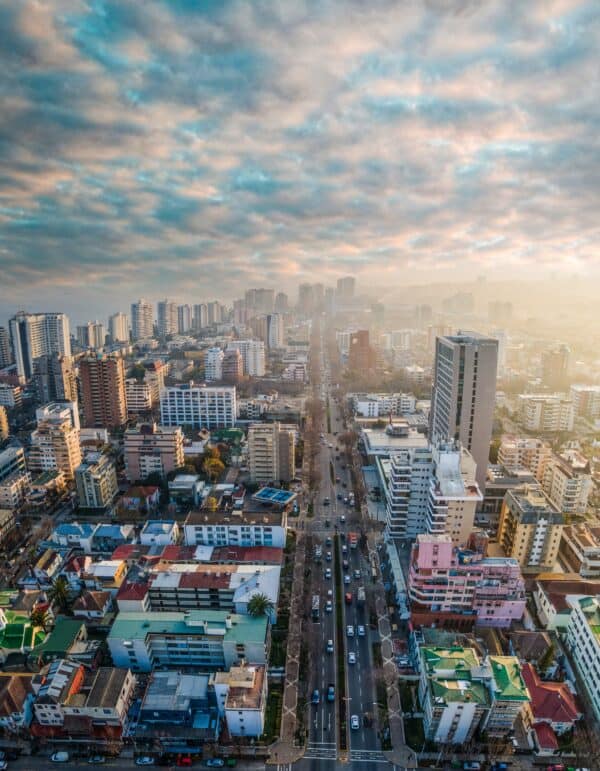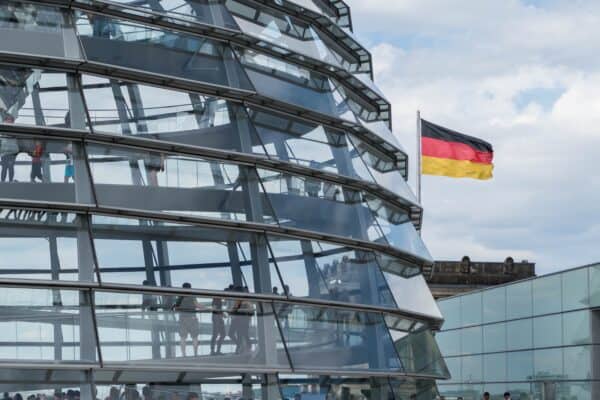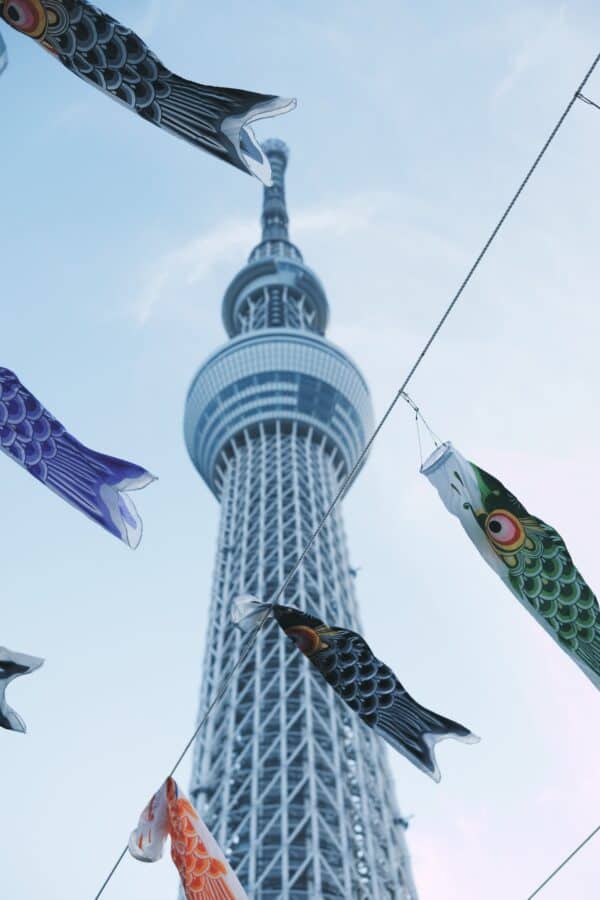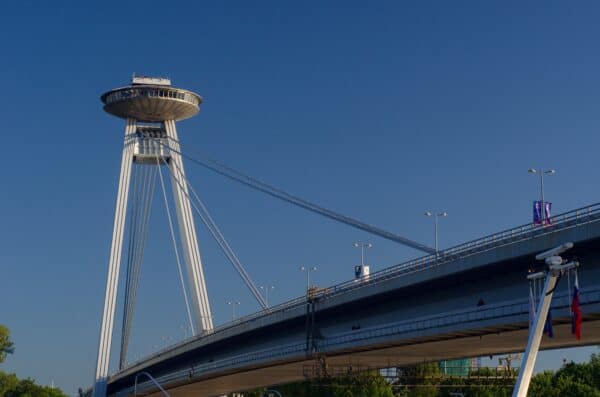The Global leader for international Labour and Employment law services







Service and quality are the leitmotifs of everything we do at L&E Global
International employment law firm alliance L&E Global is spanning the globe and our member firms are ideally situated to provide clients with pragmatic, commercial advice necessary to achieve their objectives, wherever they operate. L&E Global’s member lawyers work closely with corporate, legal, human resources departments and corporate executives across a variety of sectors and industries to address the strategic and tactical issues that arise in the workplace.
1.750+ attorneys
Our attorneys help you solve your problems, around the clock
170+ offices
Our offices are located in the main business and financial centers of the world
30 firms
Our top ranked firms are committed to deliver top quality service
30+ countries
We are present in over 30 countries worldwide
You'll find us everywhere
As an international employment law firm alliance, L&E Global is present in over 30 countries. More than 30 specialised employment law firms and their lawyers work together to service global companies.































